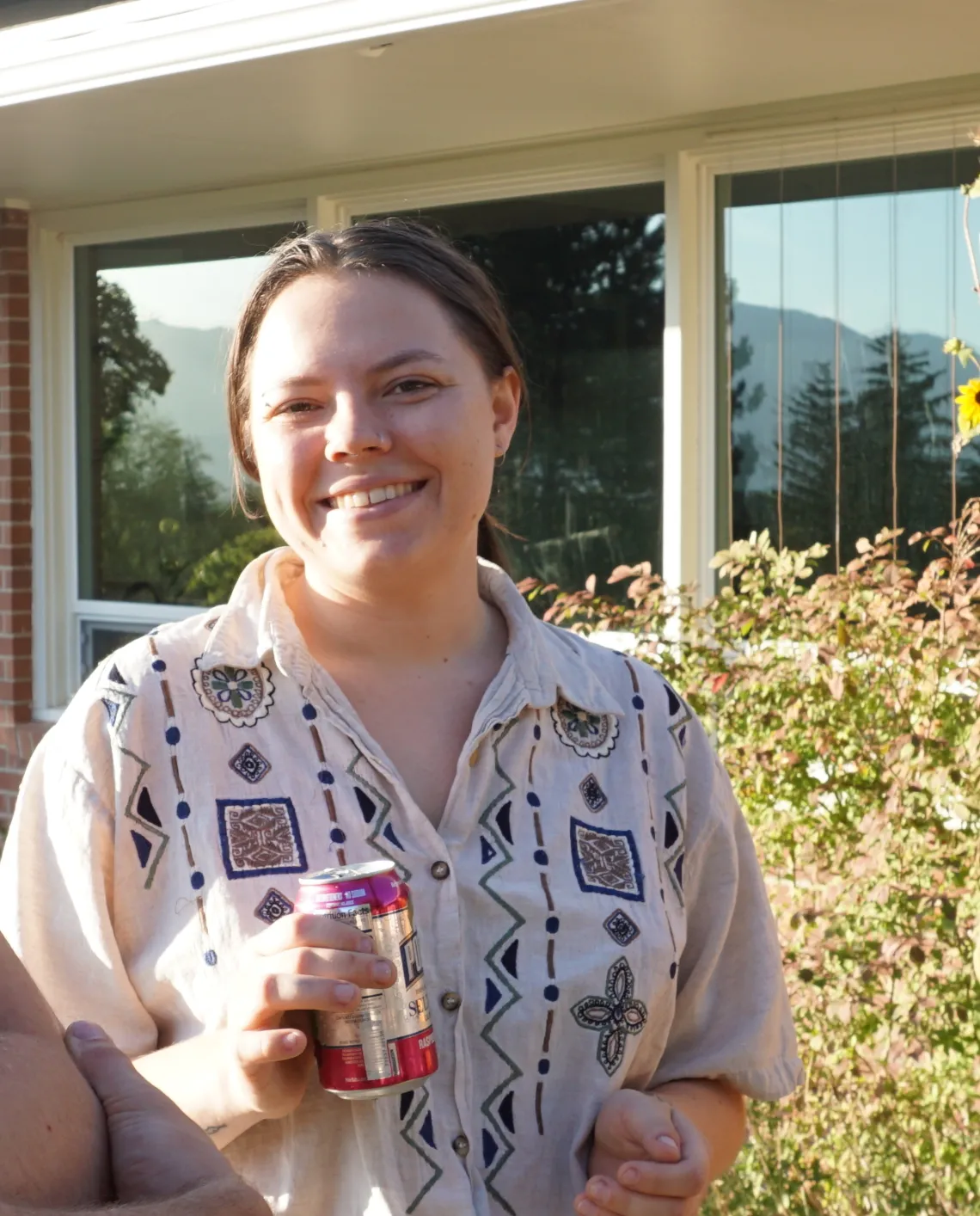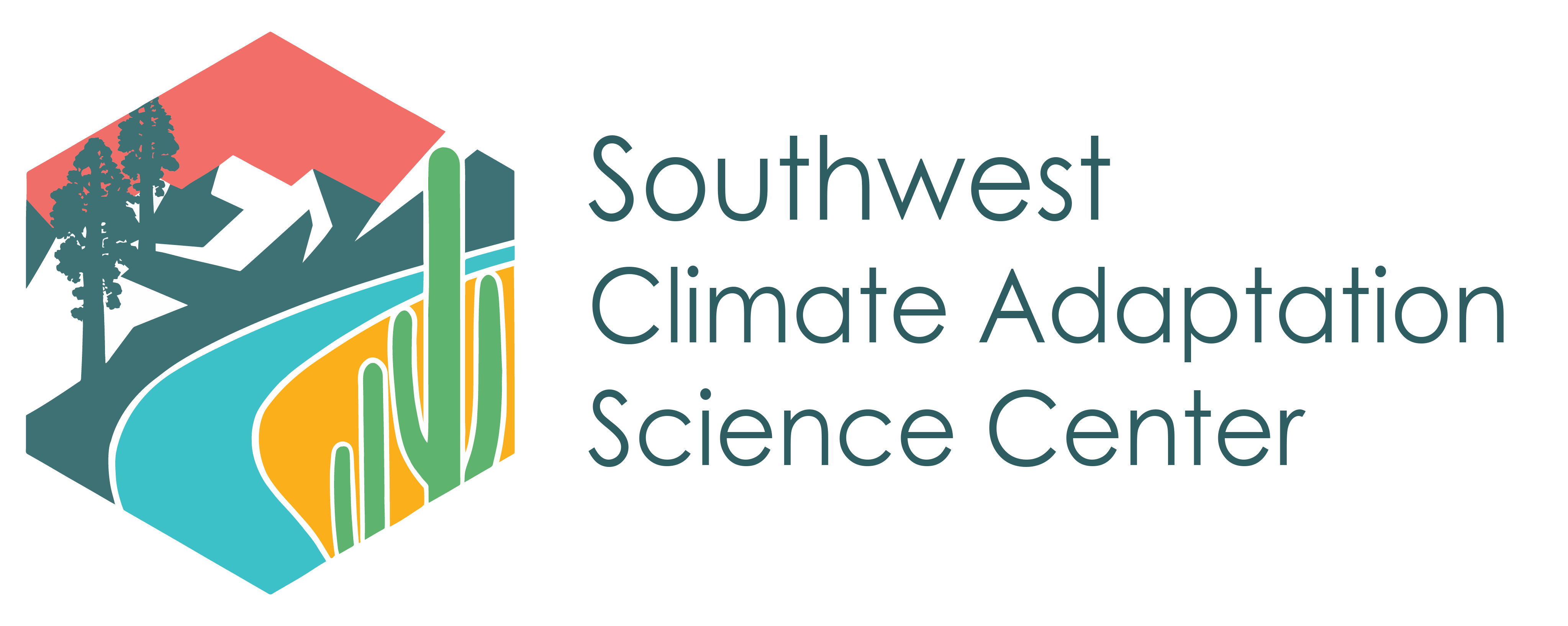From Watershed Models to Climate Solutions: A Graduate Journey

I am grateful to be a graduate student at the University of Arizona, the host institution of the Southwest Climate Adaptation Science Center. Since starting my Master’s in August 2023, I have been working on developing a model for a southern Arizona watershed. This model will test the effects of land management practices, like installing check dams in riparian areas or removing encroaching shrubs, on evapotranspiration and groundwater recharge. By gaining a better understanding of how plant water use responds to environmental conditions, we can more accurately describe how such practices affect the hydrologic cycle and how soil-plant-atmosphere feedbacks will interact with climate change.
I first became fascinated by plant ecophysiology during my undergrad at Boston University. I assessed the sensitivity of transpiration to vapor pressure deficit, a measure of how dry the atmosphere is, in urban and rural trees. This allowed me to increase the accuracy of modeling the heat balance in urban ecosystems. The role plants play in these processes are where my core scientific interests lie, but it is just as important to structure my research to be relevant and actionable.
When I decided I wanted to go back to school, I knew that I was going to miss the interdisciplinary nature of my line of work. Having spent two years as a field technician across Arizona, I got to spend my days outside removing invasive plants, surveying for native ones, and learning about the landscape in an intimate way. I also got to work with volunteers, share my knowledge about ecological restoration and research, and facilitate participatory science projects. Hoping to maintain my own connection beyond the academic bubble (as it can sometimes feel), I decided to apply for the Natural Resources Workforce Development fellowship. Working with project stakeholders helps me see the bigger purpose of my work, grounding my focus and direction. The fellowship gives me an opportunity for this sort of engagement, as well as connecting with graduate students and scientists across disciplines like climatology, forestry, environmental education, and engineering.
As I write this, my cohort of fellows and I are finalizing a draft of our project proposal. While we must work within the scope of the fellowship theme: How is aridity managed for and understood across the Southwest?, we have embarked on a journey of melding our scientific passions and capacities into something fulfilling and impactful. Every discussion we’ve had thus far- how to specifically define and document aridification trends, develop a survey to capture diverse community perspectives, and extract data for long-term climate analyses, to name a few- has been informative and invigorating. Pursuing natural resources and climate adaptation studies in a collaborative atmosphere satisfies the parts of me that loves curiosity-driven research and wants to make our society more sustainable. While there are many months left to go, I am already grateful that I hit the ground running in graduate school with this fellowship.

